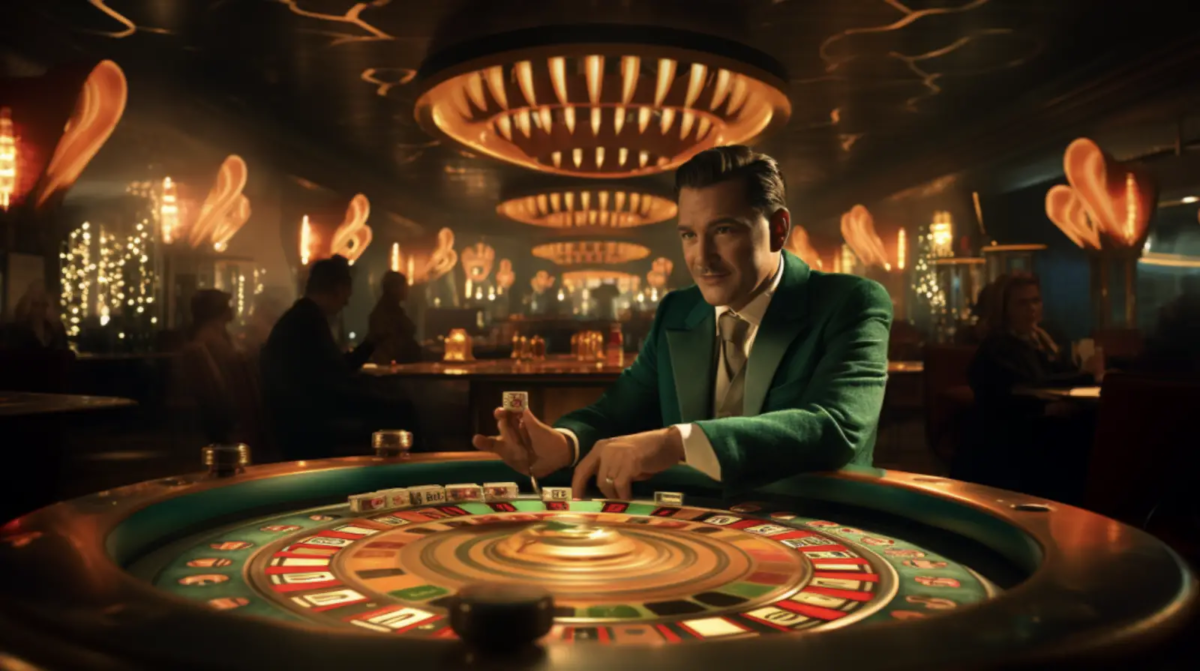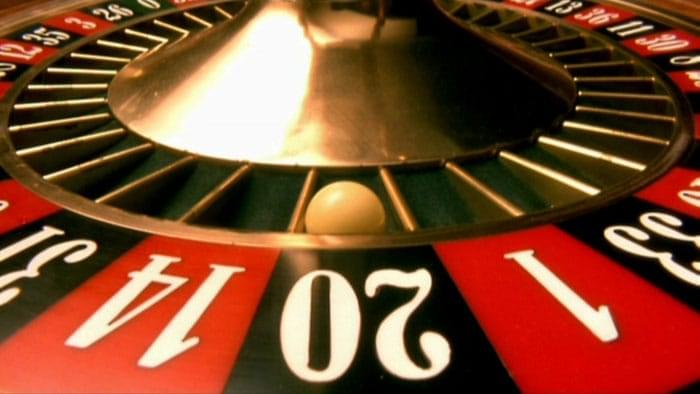
The United Kingdom has a storied cinematic tradition that spans a broad range of genres. Amongst these, one particular motif that has continually captured the imagination of filmmakers and audiences alike is the casino scene, with the roulette table often occupying centre stage. This article delves into the influence of roulette scenes on UK cinema and how they have contributed to shaping the cultural landscape.
The Symbolism of the Roulette Wheel
Roulette, with its intricate wheel design and engaging gameplay, carries a deep symbolism in cinema. It signifies chance, fate, and the unpredictability of life. Roulette odds, being a game of luck, often serve as a dramatic device to convey the whimsical nature of fortune.
A notable example is the 1972 British film, “The Gambler”. Here, roulette plays a vital role, symbolising the protagonist’s struggle with his gambling addiction and his desperate attempts to regain control over his life. The spinning wheel becomes a metaphor for the uncontrollable cycle of addiction, reflecting the uncertainty and high stakes inherent in the gambler’s life.
Roulette as a Narrative Tool
Beyond symbolism, roulette has also been employed as a potent narrative tool in the UK cinema. Directors often use intense roulette scenes to drive the plot, build tension, or even reveal character traits.
In the 2012 British film “Skyfall”, the latest in the James Bond series, a high-stakes roulette scene epitomises Bond’s cool under pressure and his propensity to take risks. As the ball skips between red and black, audiences are kept on the edge of their seats, amplifying the tension and drama integral to the Bond franchise.
Evoking the Glamour and Grit of Casino Culture
Roulette scenes have often been used to depict the dual nature of casino culture – the glamour and the grit. The sparkling lights, plush settings, and well-dressed high-rollers around the roulette wheel create an air of sophistication and high-life. This is seen in films like “Casino Royale”, where the opulent surroundings of the casino contrast sharply with the tension-filled drama unfolding at the roulette table.
Yet, UK films don’t shy from the shadows of the gaming sphere – addiction’s clutch, illicit activities, and deep sorrow. The movie “Croupier” is championed as a genuine depiction of casino life. It unravels the harsh realities of this world through a disenchanted dealer’s perspective. Amid this gloomy world of wagers, the roulette table looms in the background, a silent spectator to the unseen side of gambling.
Roulette in the Digital Era
With the advent of online casinos, roulette has transitioned from the physical to the digital world. This shift has been reflected in contemporary UK cinema. Today, characters are just as likely to be seen placing bets on a virtual roulette wheel from their laptops or smartphones, representing the modern realities of gambling.
The 2019 film “The Good Liar”, starring Ian McKellen and Helen Mirren, perfectly captures this shift. The tension once associated with crowded casino floors and physical roulette wheels is effectively replicated in the digital setting, proving that the allure of the game transcends the medium.

Social Commentary through Roulette Scenes
Beyond their narrative function, roulette scenes in UK cinema have also served as a vehicle for social commentary. Filmmakers have used the metaphor of the spinning wheel to comment on socio-economic disparities, the perilous allure of easy money, and the destructive power of addiction.
In “Hard Eight”, an underdog story set against the backdrop of seedy UK casinos, the game of roulette comes to symbolise the protagonist’s desperate attempt to escape his low socio-economic status. The high-risk, high-reward nature of roulette becomes a metaphor for societal structures that promise great rewards, but often leave individuals with nothing.
In a nutshell
The roulette scene is a vital cinematic tool in UK cinema, driving narratives, creating tension, revealing character, and offering social commentary. Whether showcasing the glitz and glamour of high society or exposing the dark underbelly of addiction and crime, these scenes reflect the complexities of life and society. As technology evolves and the world of gambling changes, one can only expect the depiction of roulette in UK cinema to evolve as well, maintaining its relevance and significance for years to come.














